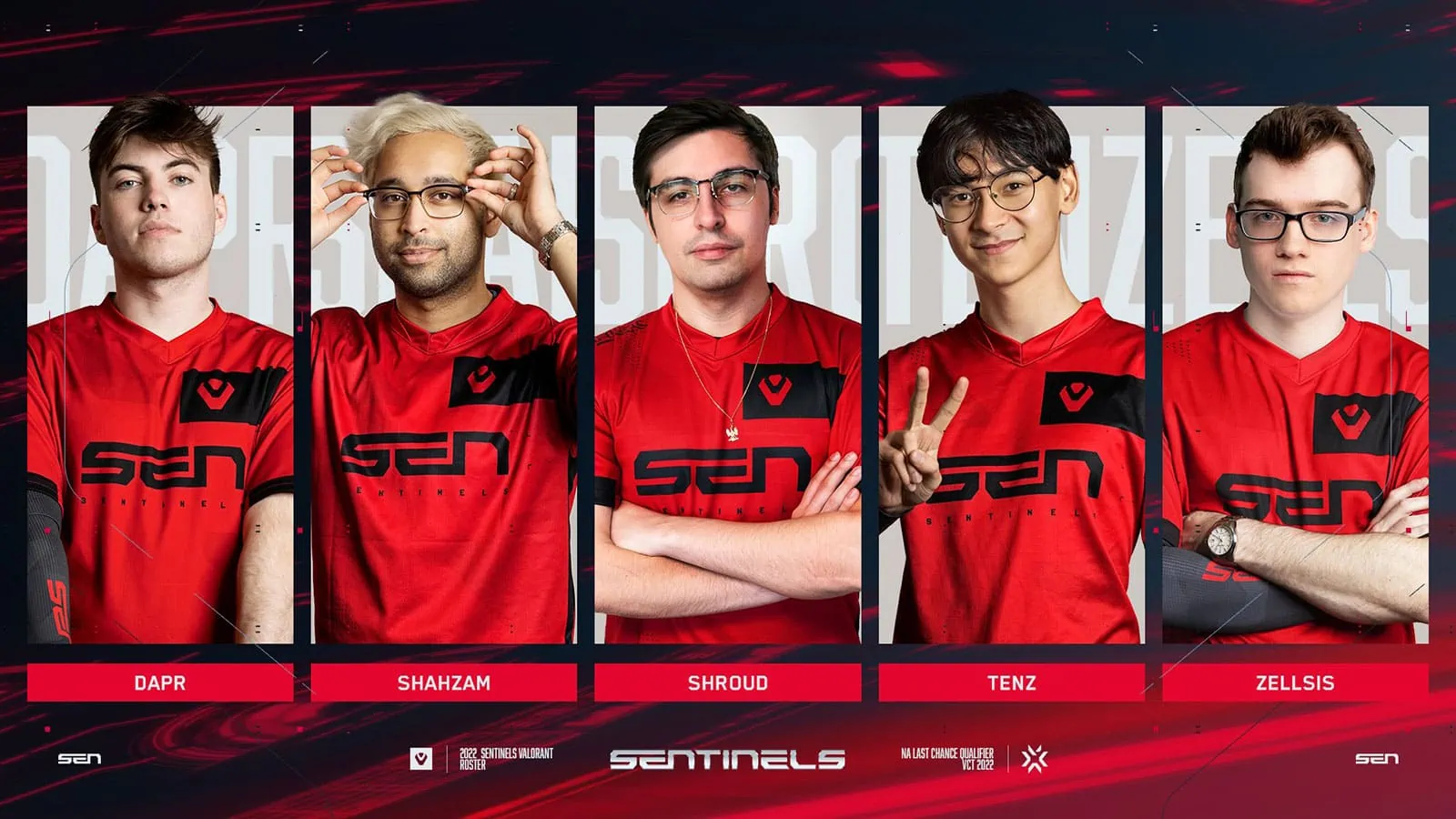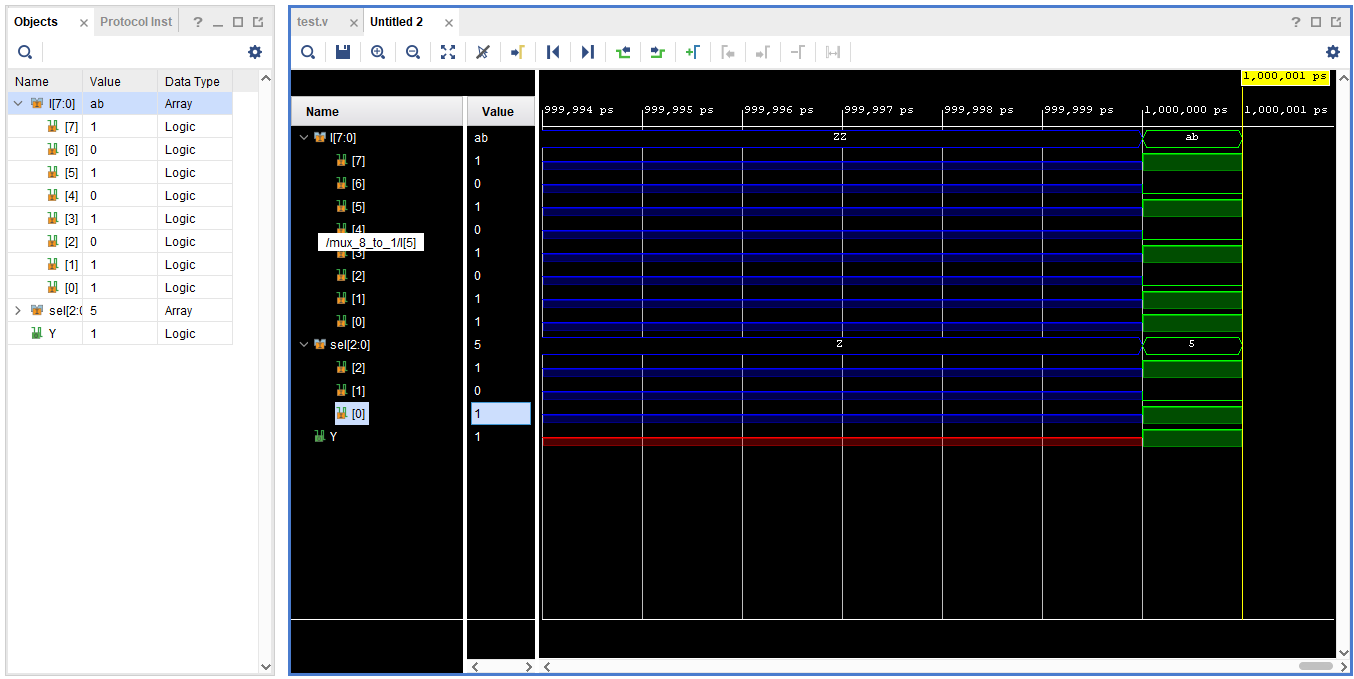The downfall of SEN Valorant.

The Sentinels Valorant team has struggled to recapture the dominance they showcased at the first Masters Reykjavik tournament due to a combination of factors that have emerged over time. Initially, Sentinels' innovative strategies and exceptional individual performances, particularly from star players like TenZ, allowed them to dominate the competition. Their aggressive playstyle and superior coordination caught many teams off guard, leading to their victory in Reykjavik. However, as the competitive scene evolved, other teams studied their gameplay and developed effective counter-strategies. This adaptation by opponents meant that Sentinels could no longer rely solely on their initial tactics and had to continuously innovate, which proved challenging. Moreover, roster changes have significantly impacted the team's performance. Player swaps and the search for the right team composition disrupted the cohesion and synergy that are crucial for high-level play. Internal challenges, such as maintaining team morale and managing the dynamics between new and existing players, further complicated their ability to perform consistently. The rapid pace of meta shifts in Valorant, including the introduction of new agents and changes to game mechanics, required constant adaptation. While some teams managed to quickly incorporate these changes into their playstyle, Sentinels occasionally lagged in keeping up with the evolving meta. Additionally, the level of competition in the Valorant scene has dramatically increased. Teams across the globe have improved and refined their gameplay, raising the overall standard of play. This intensified competition means that Sentinels face tougher opponents in every tournament, making it harder to achieve the same level of dominance they once enjoyed. As a result, despite their early success and potential, Sentinels have faced significant challenges in maintaining their top-tier status in the ever-evolving landscape of competitive Valorant.


